ADA University
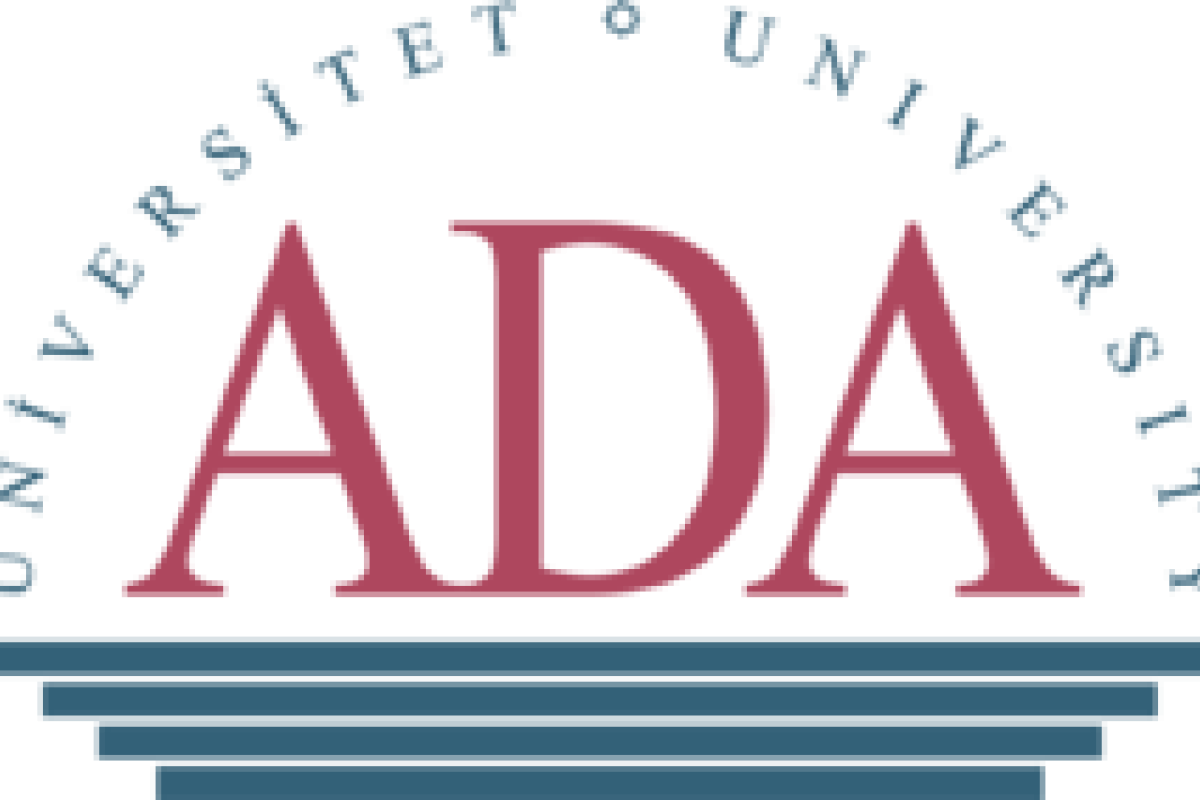
Şirkət haqqında:
ADA University was established under the decree dated January 13th, 2014, by the President of the Republic of Azerbaijan. The University is a state higher education institution engaged in the delivery of undergraduate and graduate degree programs in addition to the advancement of research.
The University is the legal heir of the Azerbaijan Diplomatic Academy (ADA) and Information Technologies University. They were merged in January 2014 to establish ADA University.
Founded on March 6, 2006, the Azerbaijan Diplomatic Academy began offering an Advanced Foreign Service Program to diplomats of the Ministry of Foreign Affairs and civil servants in the government, as of January 2007. The Academy launched its first master degree in September 2009, followed by bachelor degrees in September 2011.
Əlaqə vasitələri:
Assistant / Associate Professor in Food Science and Technology, SAFS
Brief description of responsibilities:
Principal responsibilities include teaching undergraduate courses. Candidates must have a potential or demonstrated commitment to teaching excellence, scholarly research and publication in peer reviewed journals, and academic engagement.
Qualifications:
Candidates for Adjunct and Assistant Professor must have a Ph.D. in Food Science and Technology or related fields in hand from an accredited institution or have an anticipated completion date of August 1, 2025 or sooner from an accredited institution.
Candidates for Associate Professor must have a Ph.D. and evidence of quality scholarship.
The information provided below are purely indicative and intended to offer a clearer understanding of the position
Details of the job position
- Programme: Bachelor in Agricultural Technologies
- Bachelor in Food Technologies
- Year: 1st
- Disciplinary Area: Food Science and Technology
- Courses (tbc): Food Science and Technology
- Semester: Tbc
- Start date: Tbc
Description of the Disciplinary Area
Food Science and Technology is concerned with the study of the physical, chemical, biological, and engineering aspects of food, as well as the principles of its processing, preservation, safety, and quality control. It integrates knowledge from multiple scientific fields to develop, optimize, and ensure the safety and functionality of food products and systems. The discipline supports innovation and sustainability across the food supply chain, from raw materials to final consumption.
Related programme and courses
Agricutural Technologies
- The Bachelor in Agricultural Technologies is inspired by research and designed jointly with public authorities, private companies and local communities to respond to crucial challenges that affect the sustainability of future agri-food systems. The programme aims to equip students with skills and knowledge to develop a holistic understanding of the complexity of the agricultural sector with an extensive knowledge of the biotic and abiotic factors governing the processes of food and non-food agricultural production systems, competencies to identify pathogenic agents and parasites, to evaluate product quality and to assess economic, environmental and social impacts.
- The three-year program is characterized by a strong interdisciplinary approach. The first year provides the disciplinary foundations of botany, chemistry, genetics, economics, mathematics and statistics, physics. The second and the third year ensures an in-depth understanding of production of crop and tree species, plant diseases and protection, agricultural machinery, hydraulics and agricultural water management, soil protection and amelioration, sustainability impact assessment, innovation development and deployment, use and management of new technologies.
- Training through internships and practical work in experimental fields and greenhouses bridges theory with real-world applications, preparing graduates for agricultural sector challenges.
- The overall ambition of the programme is to build experts and professionals who will contribute and drive the transformation of the agri-food system to become more sustainable, resilient, equitable and healthy.
Food Technologies
- The Bachelor in Food Technologies is inspired by research and designed jointly with public authorities, private companies and local communities to respond to the crucial societal challenges characterizing the food system. The programme aims to equip students with skills and knowledge to address food safety and security, food quality, sustainability in food production and consumption, nutrition and health, supply chain management, innovation development and deployment, and use and management of new technologies.
- The three-year program is characterized by a strong interdisciplinary approach. The first year provides the disciplinary foundations of biology, chemistry, economics, mathematics and physics. The second and the third years ensure an in-depth understanding of food microbiology, food technology, law, business management, and consumer behavior. Practical training through internships and labs bridges theory with real-world applications, preparing graduates preparing graduates for challenges in the food sector.
- The overall ambition of the programme is to train experts and professionals who will contribute to and drive the transformation of the food system to become more sustainable, resilient, equitable and healthy.
Potential courses related to the position
Quality Management in the Food System
The course offers insights on the meaning and evolution of the concept of quality, the management criteria and the international standards that apply in the food and beverage sector. At the end of the course students will be able to:
- understand the processes behind food technology and food conditioning and distribution of products;
- analyse and evaluate physical and sensory properties of products.
Food Technology
The course provides detailed knowledge on finished food production belonging to specific supply chains and the impact of technologies on product quality and technologies. At the end of the course, students are able to:
- deal with the management of equipment and processes;
- intervene for improvement and process optimization and control of storage.
Send letter of application (max 1 page), curriculum vitae, portfolio of selected students’ works (if available), list of publications and link/PDF to maximum three papers, summary of teaching evaluations (if available), and contact information of three references to the e-mail address in the Apply for job button.














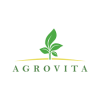

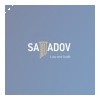





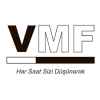





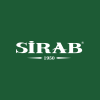




 Mobil:
Mobil:  Web:
Web:  Əlaqələri yadda saxla
Əlaqələri yadda saxla
 ADA University
ADA University